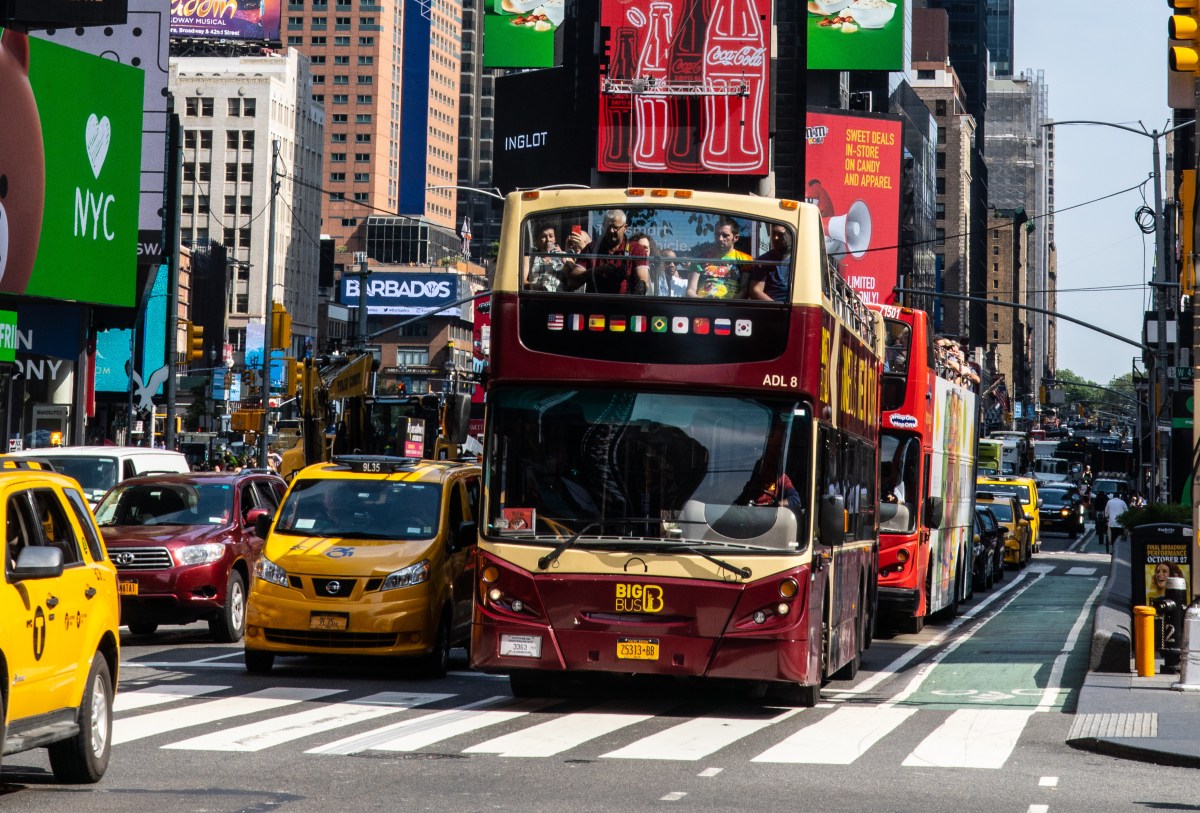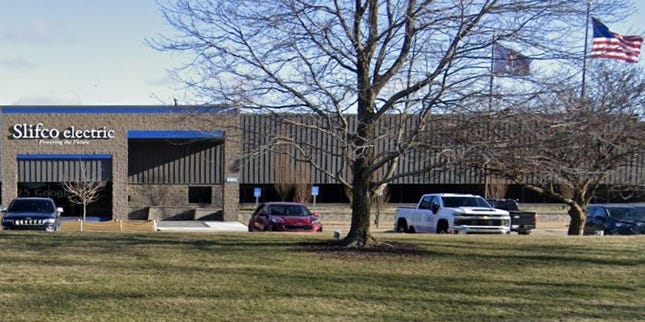Wheels of Deception: Big Apple Tour Bus Giants Exposed in Multimillion-Dollar Price-Fixing Scandal
Companies
2025-04-16 17:45:27Content

In a significant victory for fair business practices, the New York State Attorney General's office has successfully recovered over $2.5 million from two bus tour companies in New York City that were caught colluding to restrict market competition.
The investigation revealed that these tour operators had entered into illegal agreements designed to artificially limit competition in the city's competitive bus tour marketplace. By coordinating their business strategies and deliberately avoiding direct competition, the companies were attempting to manipulate pricing and market share to their mutual advantage.
Through a rigorous legal process, the Attorney General's office exposed these anti-competitive practices and secured a substantial financial settlement. The $2.5 million recovery not only serves as a punitive measure but also sends a clear message that such unethical business conduct will not be tolerated in New York's business landscape.
This enforcement action underscores the state's commitment to maintaining fair and open markets, protecting consumers, and ensuring that businesses compete transparently and ethically. The settlement demonstrates the Attorney General's office's ongoing efforts to combat illegal business practices and preserve economic integrity.
Antitrust Crackdown: How NYC's Bus Tour Industry Faced a Massive Legal Reckoning
In the complex landscape of New York City's competitive transportation sector, a groundbreaking legal intervention has exposed the underbelly of anti-competitive practices within the bus tour industry. The New York State Attorney General's office has emerged as a formidable guardian of fair market principles, delivering a decisive blow against companies attempting to manipulate market dynamics through illegal agreements.Exposing Market Manipulation: A Triumph of Legal Accountability
The Anatomy of Anti-Competitive Strategies
The bus tour industry in New York City has long been a lucrative marketplace, characterized by intense competition and significant economic potential. However, beneath the surface of seemingly routine business operations, two prominent tour companies had been orchestrating a sophisticated scheme designed to limit competitive forces. By engaging in clandestine agreements, these entities sought to artificially control market share and suppress natural economic competition. These calculated maneuvers represented more than mere business strategy; they constituted direct violations of antitrust regulations that protect consumer interests and maintain market integrity. The companies' actions demonstrated a calculated approach to circumventing established legal frameworks, creating an environment where fair market principles were systematically undermined.Legal Intervention and Financial Consequences
The Attorney General's decisive intervention represented a watershed moment in regulatory enforcement. By securing over $2.5 million in penalties, the office sent an unequivocal message about the consequences of anti-competitive behavior. This substantial financial penalty not only served as punitive measure but also functioned as a powerful deterrent for potential future violations within the transportation service sector. The legal action highlighted the sophisticated mechanisms through which regulatory bodies monitor and respond to market manipulations. Each step of the investigation revealed intricate details of how these companies attempted to construct barriers to fair competition, ultimately exposing their strategic vulnerabilities.Broader Implications for NYC's Transportation Ecosystem
Beyond the immediate financial penalties, this case represents a critical moment of transformation for New York City's transportation service industry. The legal proceedings demonstrated that no organization is above regulatory scrutiny, regardless of its market position or historical performance. The case serves as a compelling narrative about the importance of maintaining transparent, ethical business practices. It underscores the critical role of regulatory bodies in preserving market fairness and protecting consumer interests. By systematically dismantling anti-competitive arrangements, the Attorney General's office reinforced the fundamental principles of open, dynamic economic ecosystems.Systemic Safeguards and Future Outlook
This landmark case provides invaluable insights into the complex interactions between legal enforcement and business practices. It illuminates the ongoing challenge of maintaining competitive integrity within dynamic urban marketplaces. The substantial financial penalties imposed serve not just as punishment, but as a clear signal of the potential consequences for organizations contemplating similar anti-competitive strategies. For businesses operating in New York City's competitive landscape, the message is unequivocal: transparency, fairness, and adherence to regulatory standards are non-negotiable. The bus tour industry, in particular, has been put on notice that sophisticated attempts to manipulate market dynamics will be met with swift, decisive legal action.RELATED NEWS
Companies

Job Market Shock: German Firms Brace for Massive Workforce Reduction in 2025
2025-04-17 23:03:22
Companies

Guardians of Innovation: How IP Holding Companies Shield Your Intellectual Treasure
2025-05-01 04:18:00
Companies

Foreign Investment Boom: Alabama Attracts $3.5B in Global Business Ventures
2025-03-28 12:00:00





